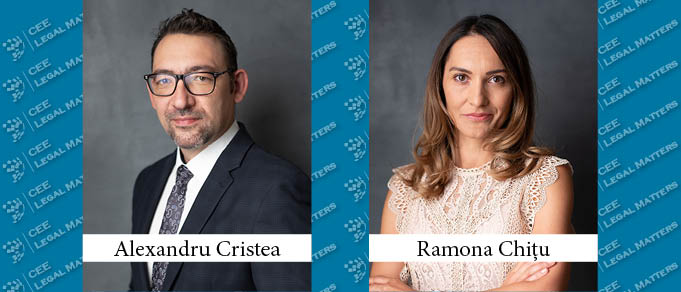The Court of Justice of the European Union (CJEU) released its judgement in Case C-333/20 Berlin Chemie on 7 April 2022. This extremely important ruling might mark the turning point in the controversial VAT fixed establishment topic. Although numerous European courts had already passed decisions on this issue, the approach taken by tax authorities in many EU Member States, including Romania, have been aggressive and inconsistent, with significant tax assessments made against companies mainly due to uncertainties in the existing legislation.
In Case C-333/20 Berlin Chemie, the National Agency for Fiscal Administration (NAFA) had found that Romanian VAT had to be applied to marketing, regulation, advertising, and representation services provided by Berlin Chemie A. Menarini S.R.L. to its affiliated company Berlin Chemie AG because the German entity would have had a VAT fixed establishment in Romania. Among the reasons invoked were:
- The affiliated company was the sole client of the Romanian company.
- Affiliation through indirect shareholding presupposes a certain degree of control.
- The human and technical resources of the Romanian company facilitated the sale of the German company’s products on the Romanian market.
The CJEU ruling establishes a series of new principles to be henceforth applied in determining the existence of a fixed establishment for VAT purposes:
- The main purpose of the rules for taxation of services has been to avoid conflicts of competence between Member States potentially leading to double taxation or lack of taxation from a VAT perspective.
- Determining whether or not a VAT fixed establishment exists must remain the exception and not become the rule, as it departs from the general rule according to which the place of taxation for services is the place where the client, as a taxable person, has its place of economic activity.
- The mere fact that a company holds a subsidiary in another Member State does not necessarily mean that that company holds a VAT fixed establishment in that Member State (whereas the control derived from indirect shareholding does not necessarily entail a control over the technical and human resources of the subsidiary equal to that exercised over the company’s own resources).
- Qualifying a subsidiary as a fixed establishment for VAT purposes requires the application of the legal conditions provided in Art. 11 of EU Regulation no. 282/2011 (the existence of a sufficient degree of permanence and of an adequate structure of human and technical resources) which must be analysed in light of the concrete economic and commercial circumstances.
- Contractual provisions existing between the parties must be taken into account in determining whether one company controls the technical and human resources of the other as if they were its own.
- The same resources cannot be used to both provide and receive the same services (e.g. in the case at hand, the resources which had been placed at the disposal of the German company were the same resources used by the Romanian company to provide services to the German company).
The CJEU thus determined that a company which has its place of economic activity in a Member State cannot be found to hold a VAT fixed establishment in another Member State merely because that company holds in the latter Member State a subsidiary which places technical and human resources at its disposal based on contracts allowing the subsidiary to exclusively provide marketing, regulation, advertising and representation services able to directly influence the volume of its sales.
The ruling has a significant impact as it invalidates the approach NAFA took in recent years not only as regards the pharma industry, but also in the energy/natural gas trading industry and in other domains where production activities contracted to affiliated companies are located in Romania (e.g. automotive industry).
This ruling can be used to buttress their position in front of tax authorities both by companies currently involved in tax litigations, and by companies subject to tax audits in the future.
By Alexandru Cristea, Tax Partner, and Ramona Chitu (Moisa), Tax Partner, Tuca Zbarcea & Asociatii


